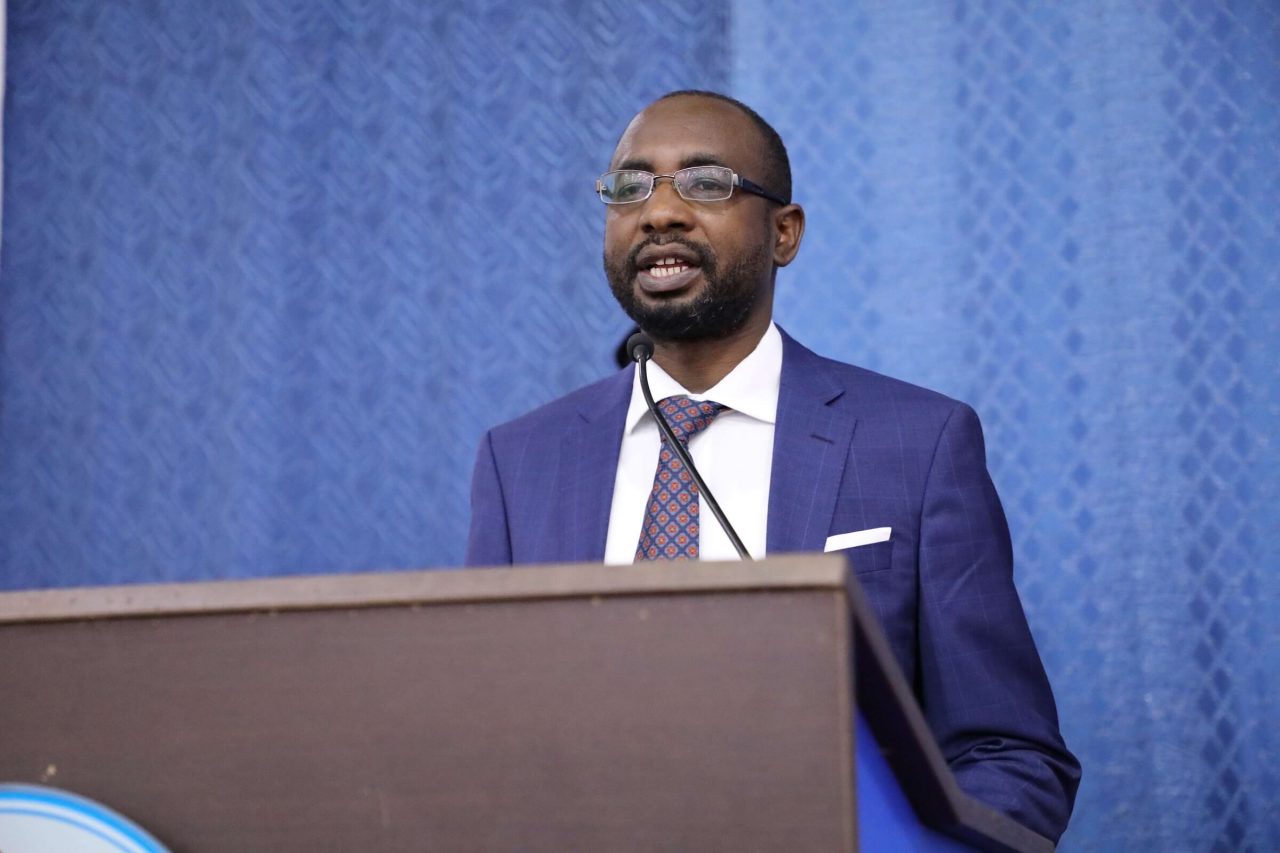
Speaking at the 2024 Digital Nigeria Innovation Challenge in Abuja, NITDA’s Director-General, Mallam Kashifu Inuwa, who stated this, noted that data is “the new oil and lifeblood of the digital economy,” emphasised its potential to transform sectors like healthcare, security, education, and agriculture.
Inuwa, represented by the Director of IT Infrastructure Solutions, Oladejo Olawumi, highlighted the importance of leveraging data for societal growth.
“Data is the new oil and lifeblood of the digital economy. It is reusable and inexhaustible, and you can have access to it if given the licence.
“Leveraging data for societal change will drive us across many sectors like healthcare, security, education, agriculture and so on,” he stated.
The NITDA DG further emphasised the need for data sovereignty, noting that prioritizing data security and privacy is essential to building a thriving digital ecosystem that benefits individuals and businesses.
As part of its efforts to support Indigenous digital innovation, NITDA plans to establish Innovation Nests in nine states by 2025. These hubs will offer workspaces, leisure areas, and networking opportunities for startups to collaborate with investors and industry experts.
“The issue of having something home-grown is very important because when it comes to data, you would realise that data is the currency of the digital economy. It is what is driving us now, and everything is all about data,” Inuwa said.
Inuwa outlined the agency’s commitment to fostering innovation through its Strategic Roadmap and Action Plan (SRAP) 2.0.
He explained that the roadmap aligns with NITDA’s vision to position Nigeria as a leader in the global digital economy by creating opportunities for local innovators to thrive.
He also urged participants to take advantage of the Nigeria Startup Act (NSA), which provides funding and connects startups with angel investors to help commercialise their innovations.
The National Coordinator of ONDI, Ms. Victoria Fabunmi, emphasised the agency’s dedication to advancing digital innovation through strategic initiatives.
She said the challenge aligns with NITDA’s SRAP and supports the Ministry of Communications and Digital Economy’s blueprint pillars of Knowledge, Innovation, and Policy.






